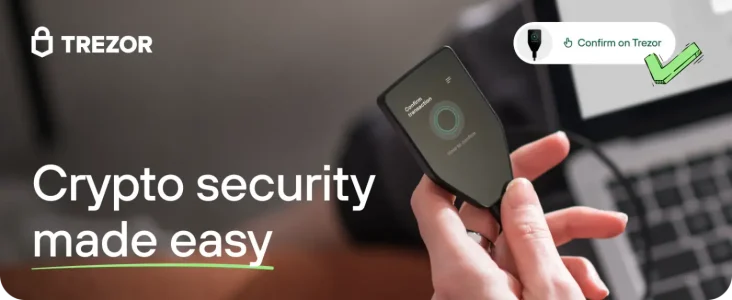The U.S. Treasury Department’s Office of Foreign Assets Control (OFAC) has sanctioned two Iranian nationals and a network of Hong Kong‑ and UAE‑based companies accused of funneling proceeds from illicit oil sales into cryptocurrency for the Islamic Revolutionary Guard Corps–Quds Force (IRGC‑QF) and the Ministry of Defense and Armed Forces Logistics (MODAFL).
“a shadow banking system that launders billions through front companies and crypto channels”
The action names Alireza Derakhshan and Arash Estaki Alivand as central actors who moved more than $100 million in cryptocurrency tied to Iranian oil sales since 2023. OFAC says the pair used shell firms and trading entities in Hong Kong and Dubai to disguise transactions.
Dozens of shell companies were blacklisted, including Alpa Trading in Dubai and Alpa Hong Kong Limited. The network was also linked to Hezbollah‑affiliated financial operators and Syria’s Al‑Qatirji Company, itself previously sanctioned for supporting the IRGC‑QF.
This round of measures expands U.S. efforts to disrupt illicit finance engines beyond traditional banking — explicitly implicating crypto exchanges, wallets and cross‑border transfer mechanisms as avenues for sanctions evasion. The move follows a September set of sanctions targeting Iranian‑linked oil tankers and an Israeli action that blacklisted 187 cryptocurrency wallets tied to the IRGC, underscoring growing international coordination on crypto‑linked enforcement.
Key elements of the designations include:
- Targeting individuals who converted oil proceeds into crypto and moved funds through shell companies and trading entities in Hong Kong and Dubai.
- Blacklisting dozens of front companies to disrupt the alleged laundering chain.
- Exposing ties between the network and other sanctioned actors, including Hezbollah‑affiliated operators and Syria’s Al‑Qatirji Company.
For the crypto and DeFi ecosystem, the designations highlight heightened regulatory and compliance pressure on exchanges, custodians and on‑ramp services to:
- Strengthen KYC and customer due diligence processes.
- Monitor suspicious wallet activity and on‑chain flows linked to sanctioned networks.
- Cooperate with sanctions screening and law enforcement requests to limit illicit value movement.
As regulators increasingly map blockchain flows to real‑world networks, projects and operators will face intensified scrutiny over how Bitcoin, Ethereum and other crypto rails can be abused to move value around international sanctions regimes. These measures underscore a strategic shift toward blending traditional and digital financial tools in global sanctions enforcement.





